Deck & Commander Strategies
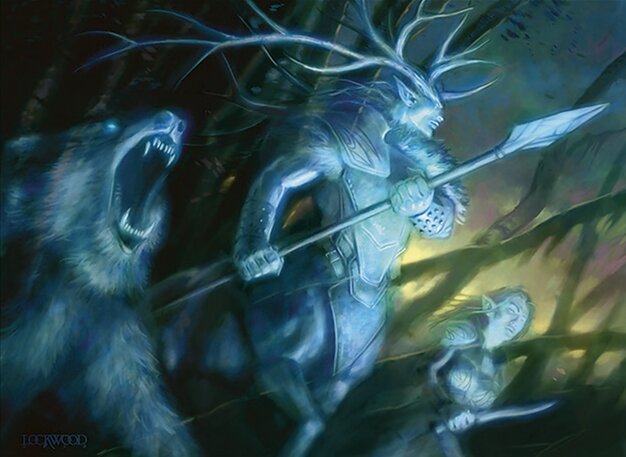
Karador, Ghost Chieftain
Leverages graveyard recursion to bring back creatures repeatedly, gaining value from death triggers and overwhelming opponents with resilient threats.

Varolz, the Scar-Striped
Utilizes sacrifice and scavenge mechanics to control the graveyard and grow creatures while disrupting opponents’ graveyards and board states.
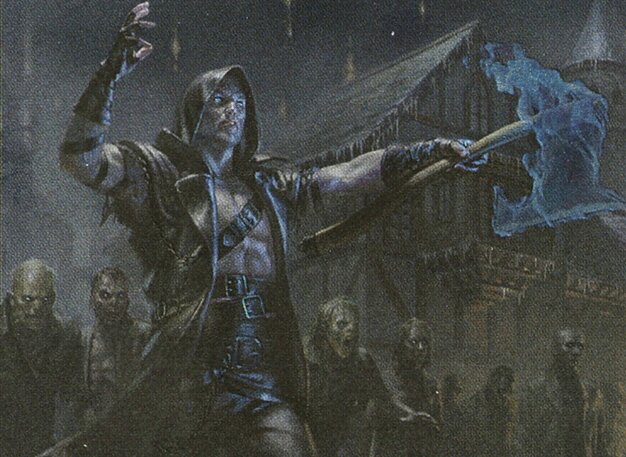
Wilhelt, the Rotcleaver
Focuses on graveyard interactions to cast creatures from the graveyard, generating board presence and value from creature deaths.
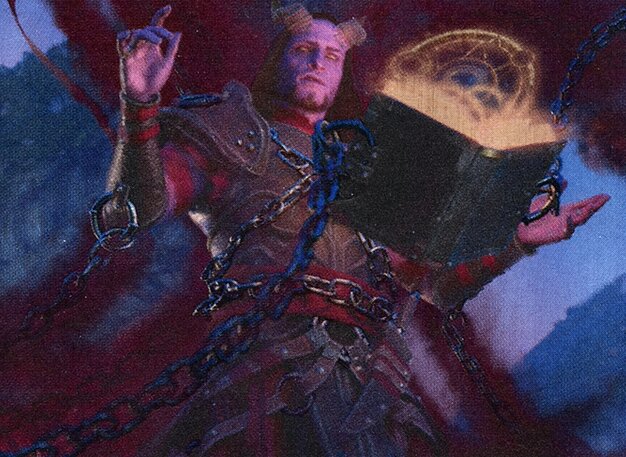
Prosper, Tome-Bound
Generates card advantage and mana ramp through spellcasting, treasure tokens, and exile interactions to fuel powerful late-game plays.
Gameplay Insights
- 1
Players effectively used graveyard hate like Scavenger Grounds combined with mana acceleration and sacrifice outlets to disrupt opponents' strategies.
- 2
Prosper's Mystic Arcanum was a pivotal source of card advantage, enabling treasure generation and powerful topdeck manipulation.
- 3
Varolz’s synergy with sacrificing creatures and growing threats pressured opponents while maintaining graveyard control.
- 4
Protective creatures like Selfless Spirit and Shalai were key in preserving board state against removal and combat damage.
- 5
Wilhelt and Karador's recurring creature strategies created a resilient board that was difficult to clear completely, extending the game.
- 6
The interplay between graveyard recursion, sacrifice effects, and exile strategies defined the dynamic and tension of the match.
Notable Cards
-
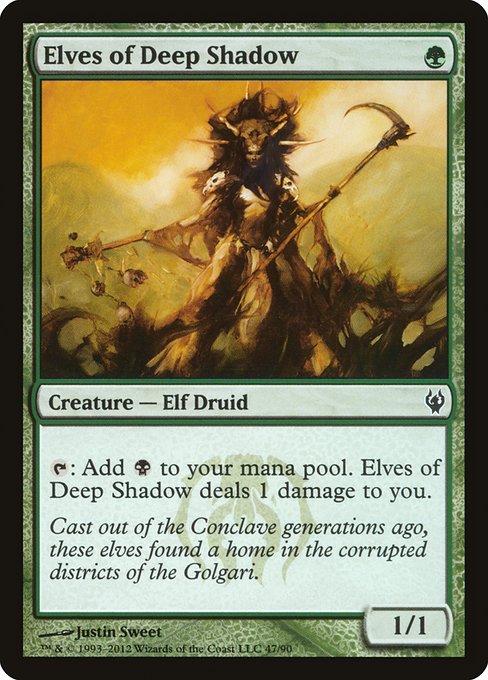
Elves of Deep Shadow
-

Shalai, Voice of Plenty
-

Selfless Spirit
-
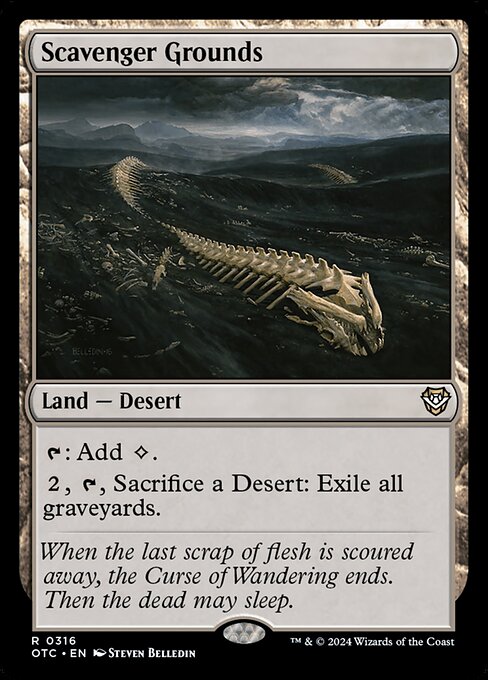
Scavenger Grounds
-

Rakdos Carnarium
-
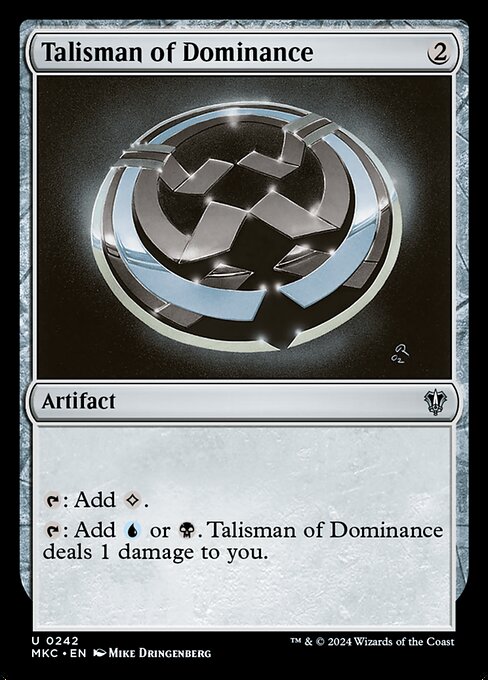
Talisman of Dominance
-
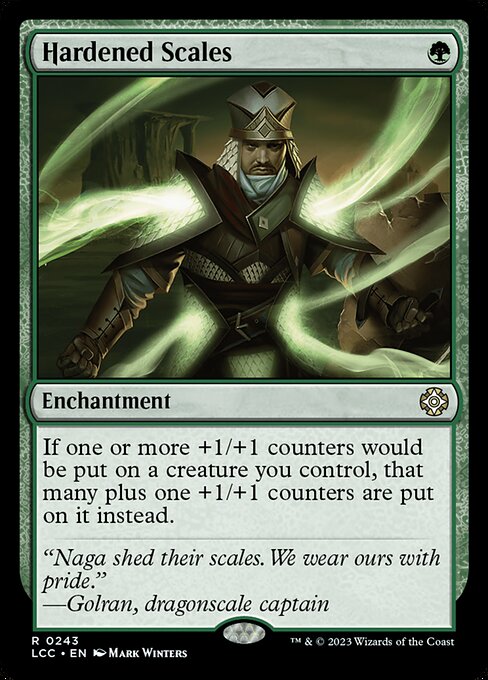
Hardened Scales
Gameplay Summary
The game began with all four players deploying their early ramp and utility creatures, setting the stage for a graveyard-centric and value-oriented gameplay.
Karador, Ghost Chieftain quickly filled its graveyard to leverage recursion, while Varolz, the Scar-Striped used its synergy with scavenging and sacrificing creatures to maintain board presence and pressure.
Wilhelt, the Rotcleaver contributed by graveyard interactions and casting creatures from the grave, and Prosper, Tome-Bound focused on spellcasting and treasure generation to fuel card advantage and late-game power. A key turning point occurred when Prosper used Mystic Arcanum and other spells to exile cards and generate treasures, ramping toward powerful plays.
Varolz’s ability to sacrifice creatures and manipulate the graveyard, paired with cards like Scavenger Grounds, created challenging interactions that disrupted opponents’ graveyards and board states.
Karador’s recurring threats and Wilhelt’s ability to bring back creatures from the graveyard kept the pressure on continuously.
The game saw a tense moment as players used removal and protective creatures like Selfless Spirit and Shalai, Voice of Plenty to safeguard their boards.
The gameplay revolved around managing graveyards, maximizing value from creature deaths, and deploying strong midrange threats, setting up for potential combo or overwhelming attacks to close out the game.



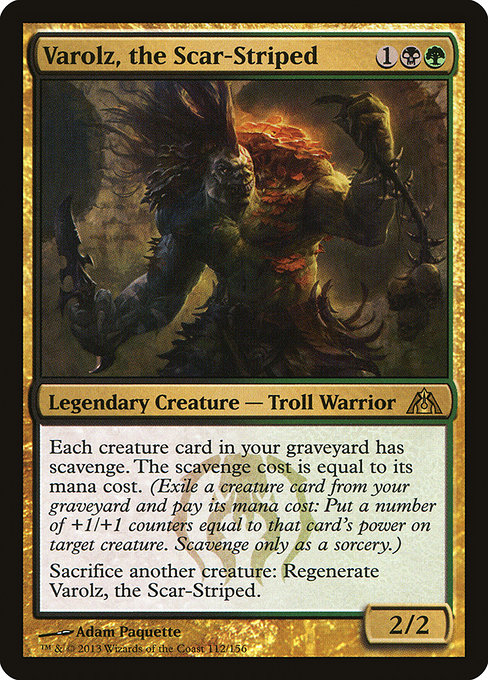






















![Commander VS S1E4: Prossh vs Derevi vs Karador vs Scion [MTG Multiplayer] thumbnail](https://i.ytimg.com/vi/qKq_zjLSJU8/sddefault.jpg)






![Commander VS S6E1: Vorel vs Ghost Council of Orzhova vs Bosh vs Varolz [MTG] thumbnail](https://i.ytimg.com/vi/mFRQJMI6GOc/sddefault.jpg)














